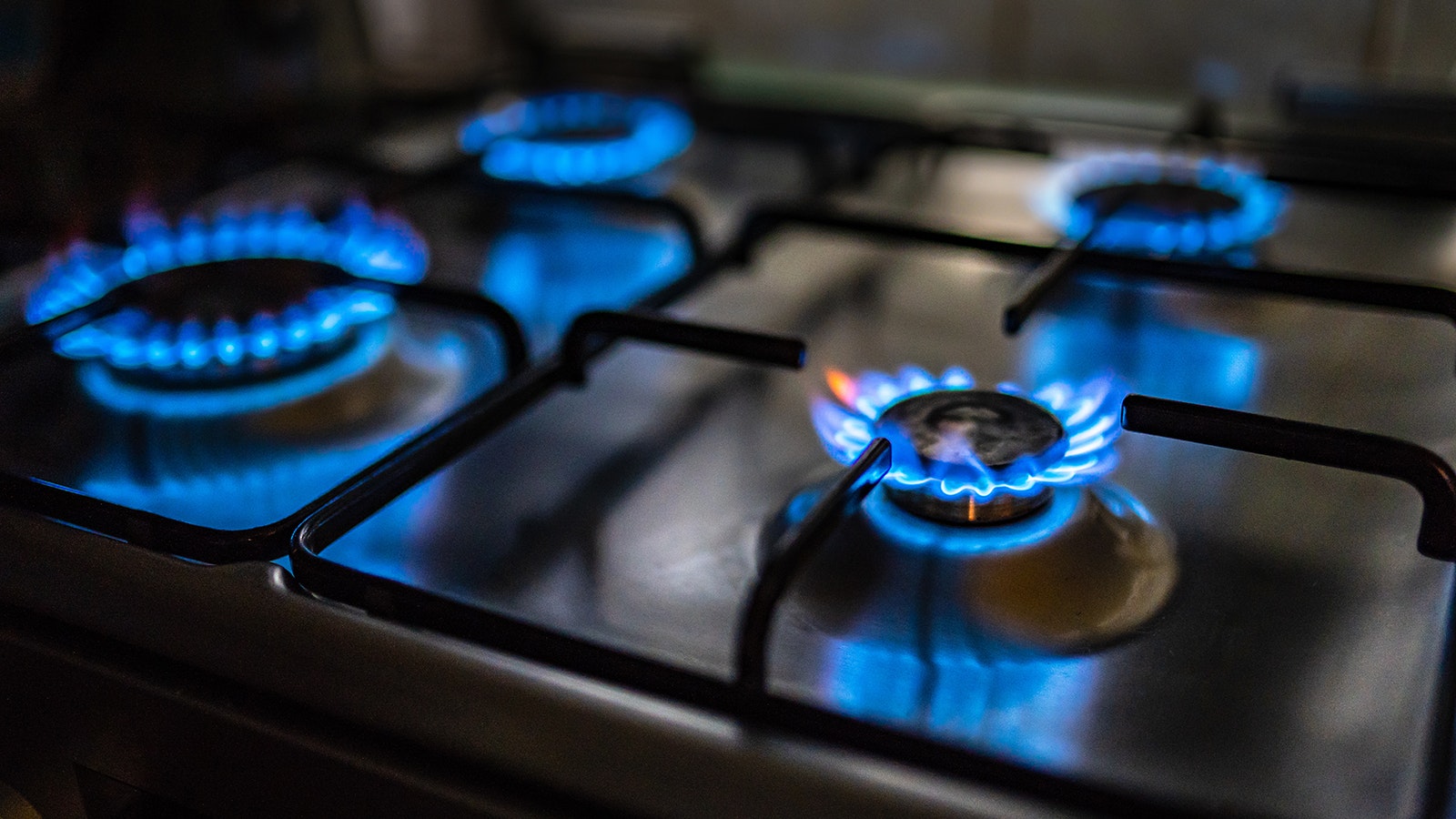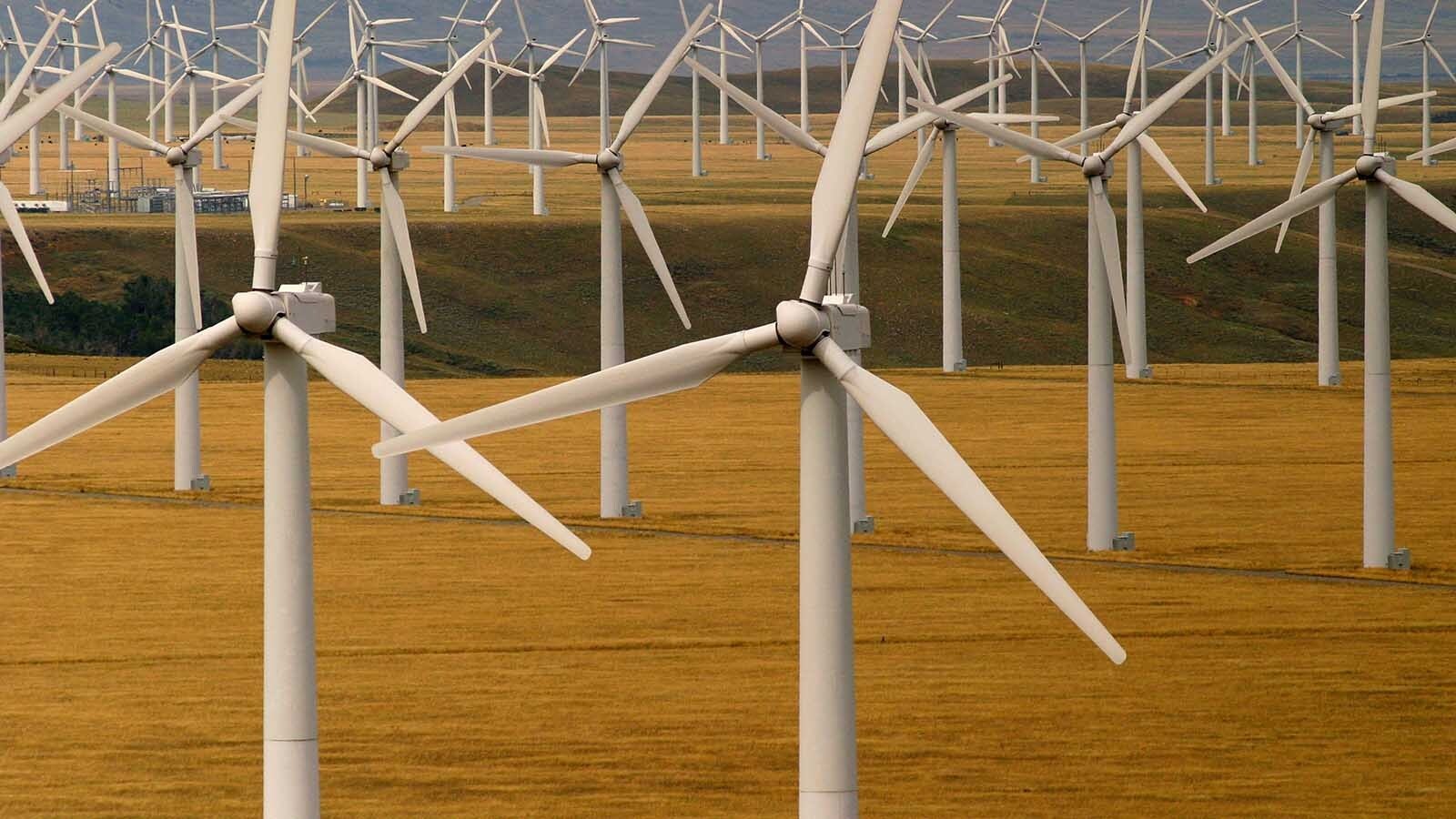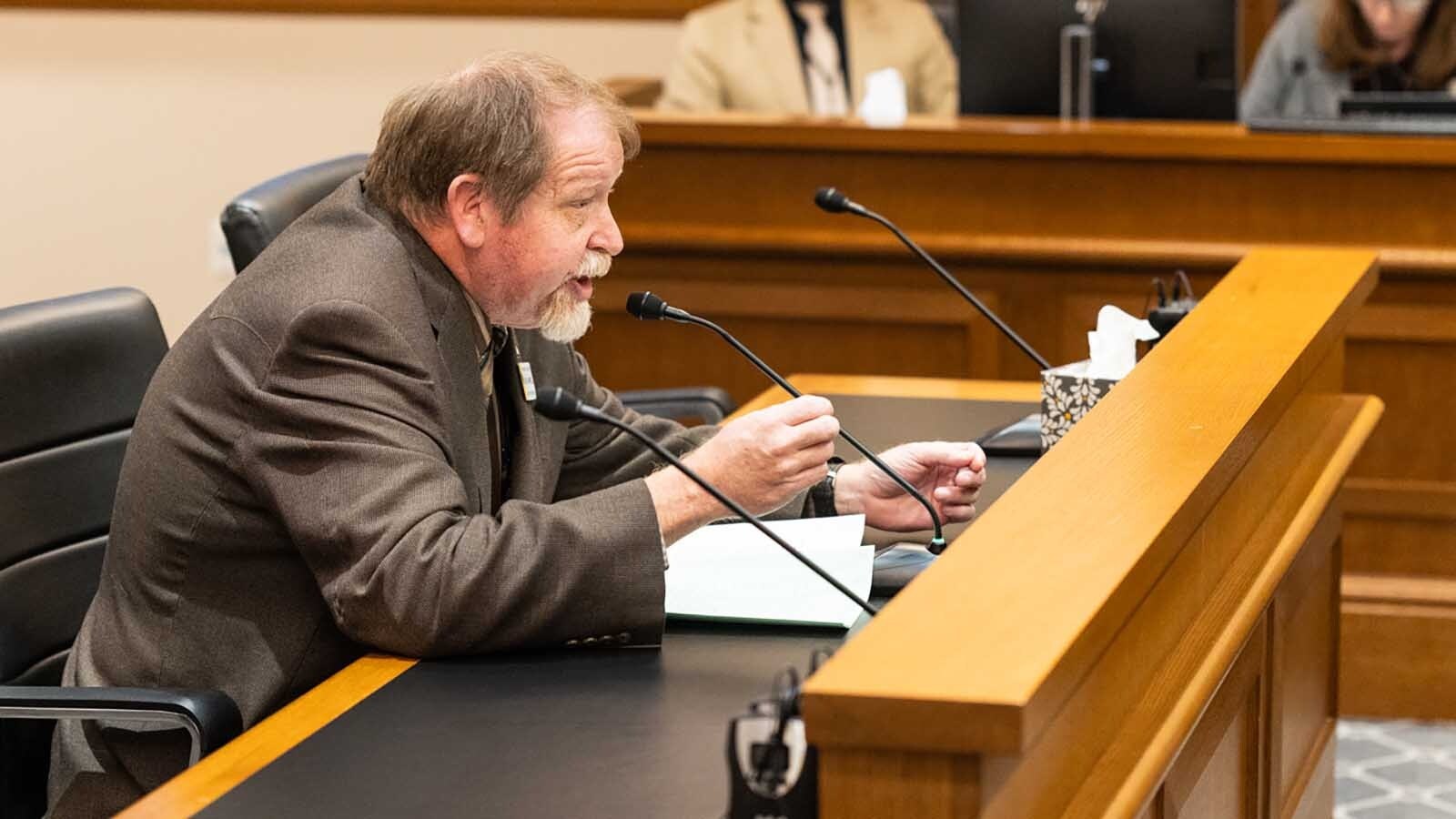The war on natural gas is heating up this week as New York is poised to institute a statewide ban on natural gas connections in new construction.
While local ordinances in Denver and dozens of California cities have banned natural gas appliances and connections, New York will be the first state to pass such a law.
At the same time, the Biden administration is proposing efficiency standards that will, by some estimates, make it illegal to manufacture or sell about 50% to 95% of gas stove models now on the market.
Thousands of comments from organizations and people opposed to the standards suggest that there’s a lot of opposition nationwide to the move to eliminate natural gas from the American home.
Government Is A Cancer
Tyler Lindholm, state director for Americans for Prosperity in Wyoming and a former state lawmaker, told Cowboy State Daily these laws speak to the “incompetence of government.”
While pushing for everything to go electric, Lindholm said, they’re also pushing to power the grid with more wind and solar. That’s more demand on a grid that’s expected to power more of America with mostly intermittent sources of electricity, he said.
“One side is proposing to degrade the reliability of our grid, and the other side is proposing to move more onto that grid,” Lindholm said. “That's why I say government is a cancer.”
Well-Funded Campaign
Proponents of the ban argue that gas stoves claim the appliance causes respiratory illnesses in the home and contribute to climate change.
According to the EPA, the U.S. emitted 6,340 million metric tons of carbon dioxide equivalents in 2021, and gas stoves, according to the World Economic Forum, accounted for 0.0004% of that.
The concerns about impacts to respiratory health stem from a study published last year by the Rocky Mountain Institute, which has been criticized for its questionable methodology, including ignoring much more extensive research that found no link to gas stoves and asthma.
Multiple environmental groups with annual revenues exceeding $1 billion annually have launched campaigns to eliminate the use of natural gas in the home, including the Sierra Club and Climate Imperative.
These campaigns have been successful. On its website, The Sierra Club keeps a tally of more than 60 California communities that have enacted bans.
Submitting Comments
Americans might not be so hot on these bans and efficiency standards.
The U.S. Department of Energy received nearly 3,000 comments on its proposed efficiency standards before the comment period closed April 17.
In its submitted comments, the American Gas Association estimated that about 24% of Wyoming homes have gas stoves. The association, which says it represents 200 local energy companies, argued the federal government isn’t needed to make stoves more efficient.
“Even as the number of consumers has grown, natural gas use in the residential, commercial and industrial natural gas sectors has been virtually unchanged, and on a per-customer basis, residential natural gas use has declined by more than 50% since 1970,” the association wrote.
Thomas Pyle, president of the Institute for Energy Research, noted in his comments that the estimated $1.51 per year that the average consumer will save over the 14.5-year average life of a gas stove is not a significant amount of savings to justify the standards.
“Even though the standard is overly strict, the regulation only saves a minuscule amount of energy,” Pyle wrote.
The Association of Home Appliance Manufacturers weighed in as well. The association has more than 150 members, which employ tens of thousands of people in the U.S.
“Home appliances also are a success story in terms of energy efficiency and environmental protection. New appliances often represent the most effective choice a consumer can make to reduce home energy use and costs,” the association wrote in its comments.
Communists, No Doubt
Mark Krebs, an energy policies and standards specialist with Spire Inc., a natural gas company, argued in his submitted comments that the proposed rules would “systematically [make] gas appliances more expensive to purchase, install and operate.”
Writing on Master Resource, a free-market energy blog, Krebs analyzed the submitted comments and said that proponents of the free market were especially prevalent among the comments the department received.
Many of the comments were from concerned people. A large number of these comments were submitted by a mass mailing campaign and contained the same comments from people across the country who sent in the form letter, but others were from people who wrote their own comments.
“No to banning natural gas cooktops and natural gas stoves via rulemaking based on a questionable ‘study,’” wrote Gary Kaczynski of Fairfax, Virginia.
“Getting rid of gas stoves? Are you people insane? That is one of the cleanest forms of cooking. The people supporting this move are communists, no doubt,” wrote Jonathan Koeppel.
Posturing?
Tom Shepstone, who runs Natural Gas Now, an online resource for content on hydraulic fracturing and natural gas development, told Cowboy State Daily that the irony of the bans like New York is adopting is that they often lack any compliance enforcement.
As a consultant, Shepstone has a background in land use and zoning regulations. He said states like California and New York adopt a lot of regulations, but they’re mostly aimed at political posturing.
“I was struck by the fact that knowing California has some of the strictest language controls in the country, as to how little they were followed,” Shepstone said.
As an example, he said he saw California homes built on steep slopes, which wouldn’t be allowed anyplace else.
He said New York is “virtue signaling” with this natural gas ban, but the state will likely carve out exceptions and deadline delays so it’s never fully implemented in the way the press releases say.
“I don't think this thing as a prayer being actually accomplished, because they just simply can't do it,” Shepstone said.





